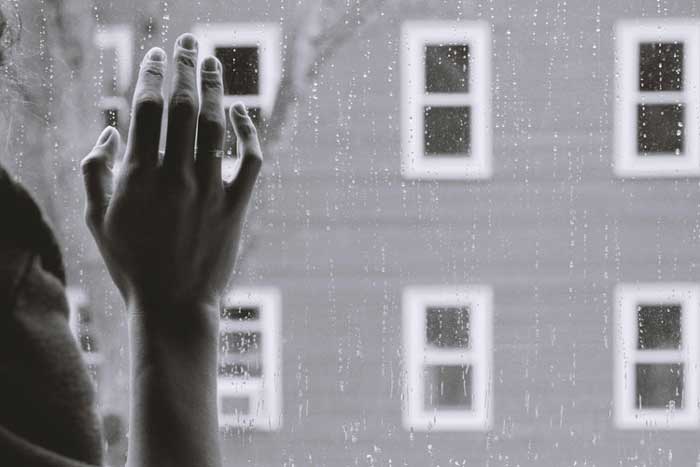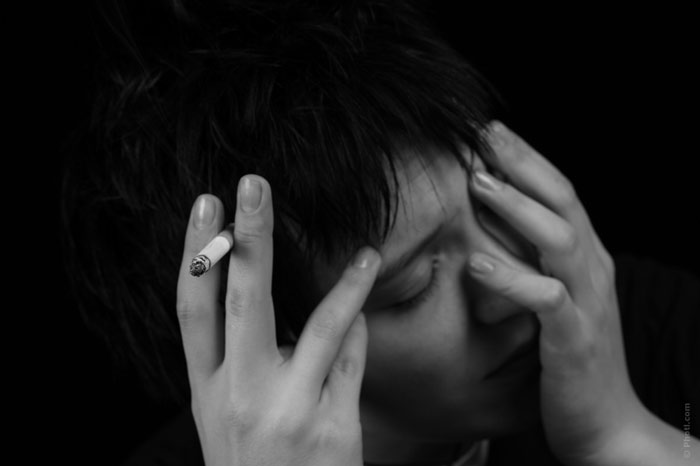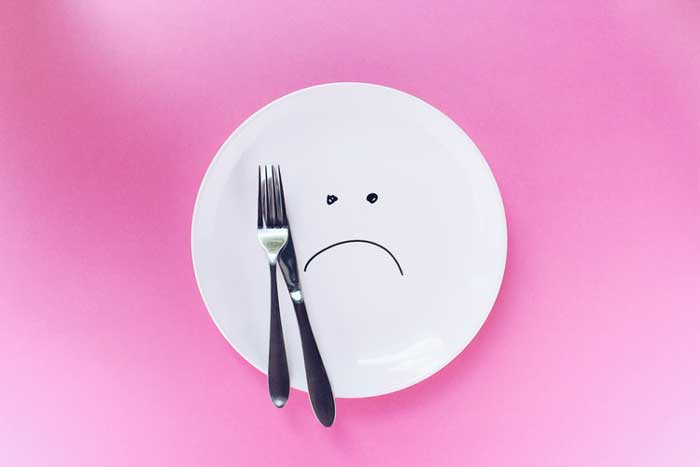 From time to time, staying alone is useful, but prolonged social isolation has serious health consequences. Loneliness causes a lot of negative emotions: sadness, anxiety, fear, and thanks to a close neural connection between the body and consciousness, we begin to feel it physically. Scientists have identified several serious symptoms that can hurt you if you stay alone for a long time.
From time to time, staying alone is useful, but prolonged social isolation has serious health consequences. Loneliness causes a lot of negative emotions: sadness, anxiety, fear, and thanks to a close neural connection between the body and consciousness, we begin to feel it physically. Scientists have identified several serious symptoms that can hurt you if you stay alone for a long time.
1. Muscle tension
If loneliness has led to serious emotional stress, you can face constant and growing pain in the muscles. Stress increases muscle tension, and depressive disorders are closely related to the increased perception of pain. This can also affect weakness in the legs, fatigue of the limbs, cramps, and low back pain.
2. Clouding of consciousness
The greatest influence of loneliness on a person, regardless of the emotional state, is produced on memory. Studies show that excessive forgetfulness and frequent confusion are closely related to the development of depression. Memory problems can interfere with work, study, and other tasks, which also affects decision making and the ability to think clearly. With time, it becomes more difficult to reintegrate into society.
3. Headaches
According to the WebMD report, 2/3 of the people experiencing loneliness suffer from severe headaches. In this case, the rule of susceptibility to pain works again – when a person is depressed, migraine is much stronger. The Duke University Medical Center has studied 1,400 patients with at least one blocked artery for five years and found that unmarried patients and patients without close friends were three times more likely than others to die within the next five years.
4. Problems with digestion
When we are very worried about something, our bodies are preparing to fight or flee, which means turning off standard physical functions, for example, digestion. It can be expressed both in the sensation of a “heavy” stomach and in grave inflammations of the gastrointestinal tract.
5. Reducing libido
If you are alone, you are probably less prone to erotic. Modern psychologists are sure that the reason for reducing libido is the constant feeling of stress and fatigue and also the absence of constant social contacts.
6. Weakened immunity
Lonely people suffer from colds and infections more often. Studies show a strong link between loneliness and the suppression of the immune system. A sense of loneliness can cause chronic inflammation and increase the level of norepinephrine in the body, which affects the immune functions. A funny fact proved by statistics says that vaccinations are less effective in single people.
7. Changing appetite
If you are lonely, you may experience a loss or decrease in appetite, or maybe you suddenly start eating twice more. The reason is that a person in depression simply does not find the motivation to cook dinner and turns to fast food, which eventually changes the eating habits of the body. Some doctors call this the “hunger of the soul” and emphasize the need to learn to differentiate the body’s needs and emotional anxiety.
8. Problems with sleep
Loneliness also affects the quality of your sleep – you can either suffer from insomnia or feel exhausted after an 8-hour sleep. Researchers suggest that restless sleep in single people is caused by the fact that they feel unsafe. The relationship between loneliness and poor sleep quality was almost 70% stronger among those who experienced the most violent forms of violence. It is also important that lack of sleep reduces energy and does not allow you to maintain social contacts.





